Songkran, or the Water Festival, is a traditional Thai New Year celebration held from April 13 to 15 each year. Songkran symbolizes kindness, love, caring for others, and compassion. It is a festival where people wash away all evil with water and pray for abundant rain for the coming year.
Songkran is a Sanskrit word meaning to pass, to move, or to change, and is celebrated as a way of passing the past. Astrologically, it marks the beginning of a new year, the sun’s transition from Pisces to Aries. Before the official New Year’s Day was celebrated on January 1 in 1940, it was traditionally celebrated throughout the country during the hottest part of the year, April.
The atmosphere, the participants’ impressions, and the decorations vary from place to place in Thailand. Bangkok’s Khao San Road, which is packed with domestic and international tourists, is a carnival-like affair, with crowds enjoying themselves under giant water cannons, pressurized water pipes, and giant coolers.
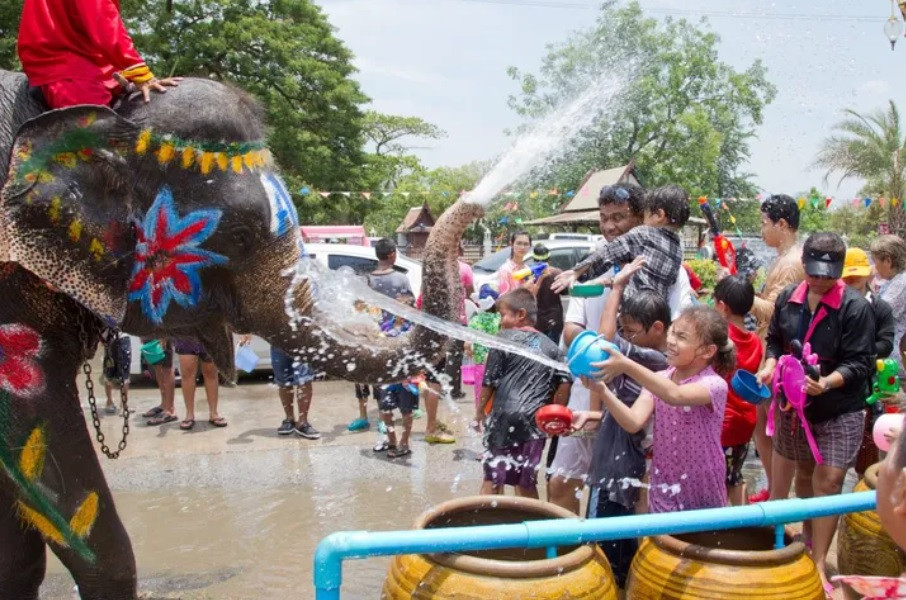
On the island of Koh Samui, which is arguably the center of the festival, tourists and locals alike splash water on each other, smiling and playful. Locals perform traditional rituals, Buddhist monks pray for good luck and happiness for the year, and children bless the elderly with flower garlands. But Chiang Mai is the place to best showcase the true essence of the water festival. During these days, people splash water on each other with whatever they can find, from kettles, pots, buckets, and water guns.
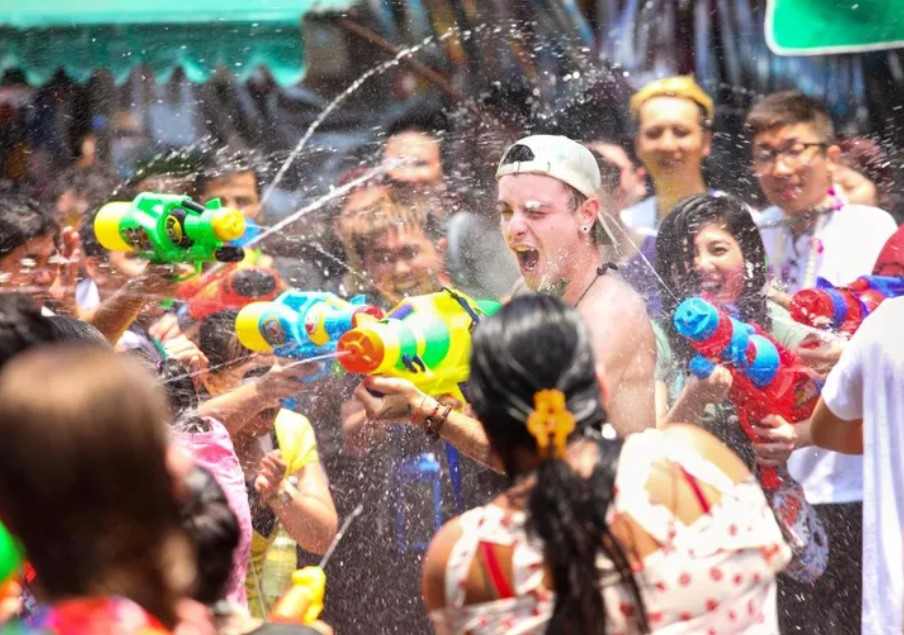
Water Festival Rituals:
Early in the morning, people go to monasteries to listen to the sermon, thank their ancestors, receive blessings from the monks, and make offerings.
To welcome the New Year, they do a great spring cleaning at their homes, schools, kindergartens, and temples.
They consider it a virtue to release birds and fish back into their natural habitat.
They sprinkle water on Buddha images to receive blessings for the new year.
They make a stupa out of sand near temples as a symbol of good deeds.
They also pour water to honor and express gratitude to elderly people or family members.
It is advisable to ask permission when pouring water on someone during the Water Festival.
On the first day of the festival, people say goodbye to their loved ones, while on the second day, they spend their time tolerating bad words, doing good deeds, making others smile, making offerings to monks, visiting monasteries, building sand stupas and palaces, and accumulating merit.
On the last day of the festival, like on the second day, they spend time with their families, saying as many good words as possible, receiving blessings from monks, washing Buddha images with holy water, and praying for a long life. They also visit their elders and ask for their long life, listening to their teachings and blessings.
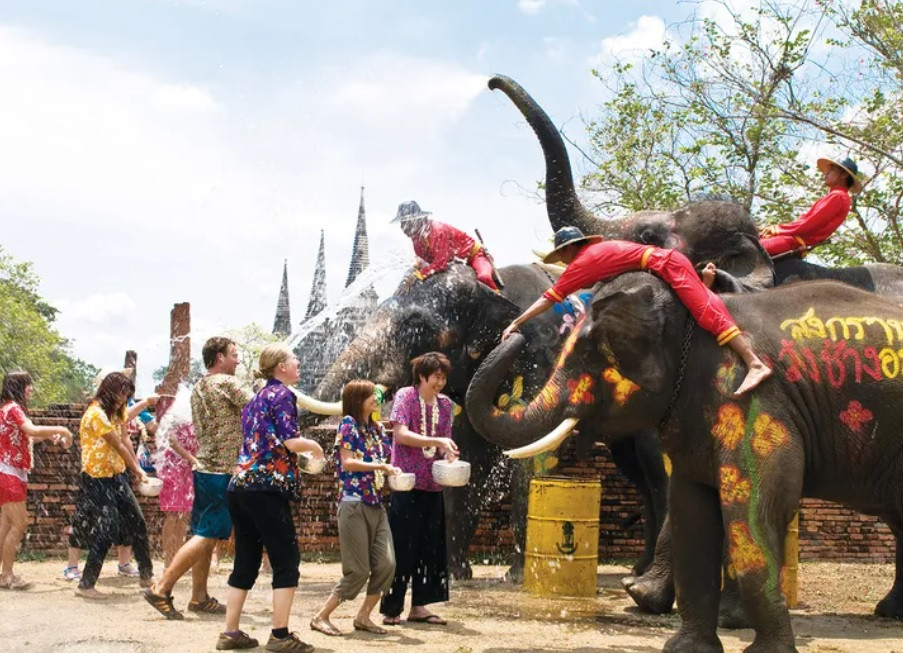
During the festival, it is not appropriate to wear swimwear, even on the beach. Therefore, the main part of the festival is that participants wear traditional costumes that suit the local characteristics.
Songkran is similar to festivals celebrated in Southeast Asia, especially in Myanmar, Cambodia, and Laos, and the Dai ethnic group in China celebrate by eating at food stalls along the banks of the Mekong River, riding dragon boats, and racing lanterns.
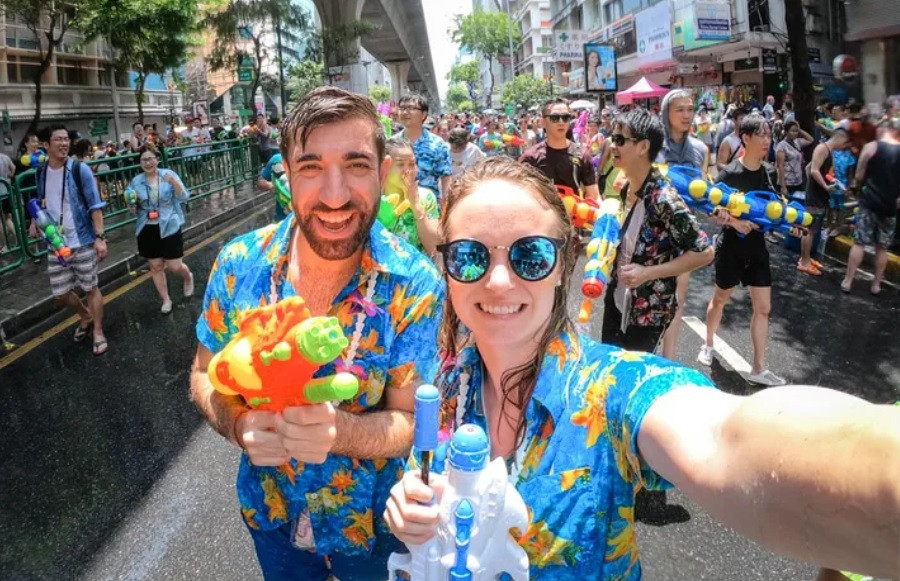
Check out our most enjoyable itinerary for your trip to the entertainment cities of Bangkok and Pattaya here.
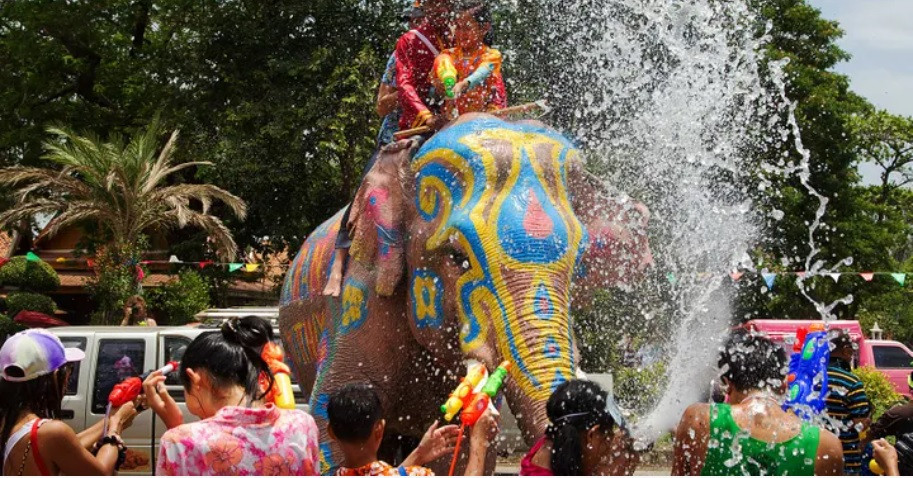
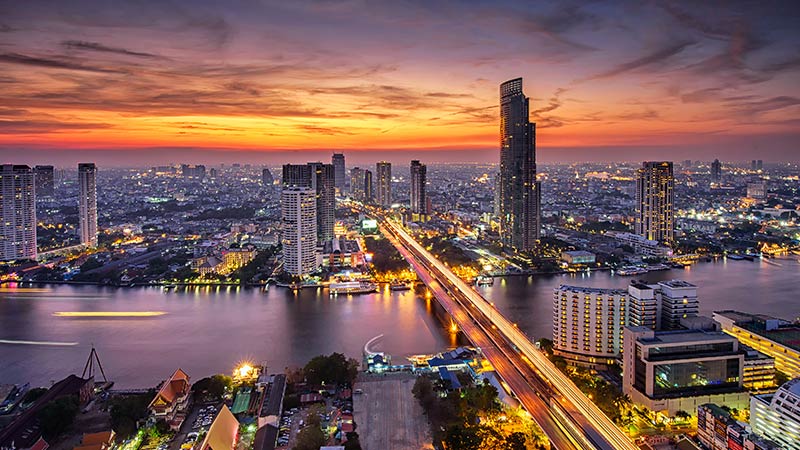
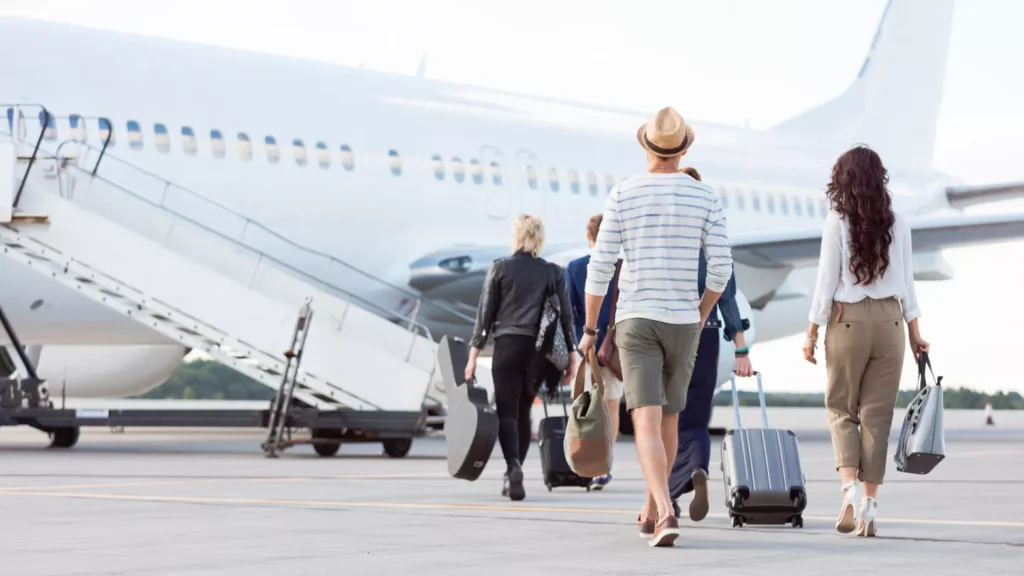
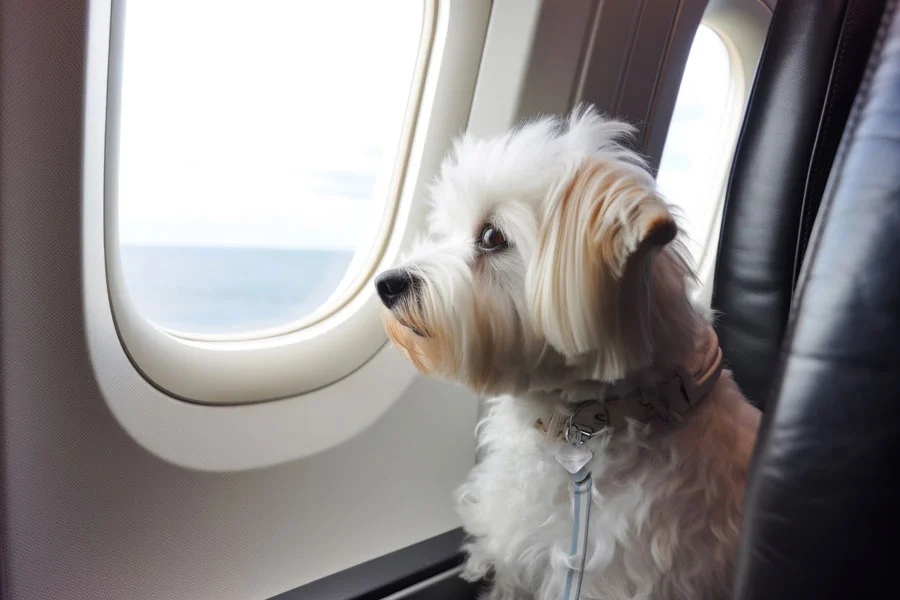
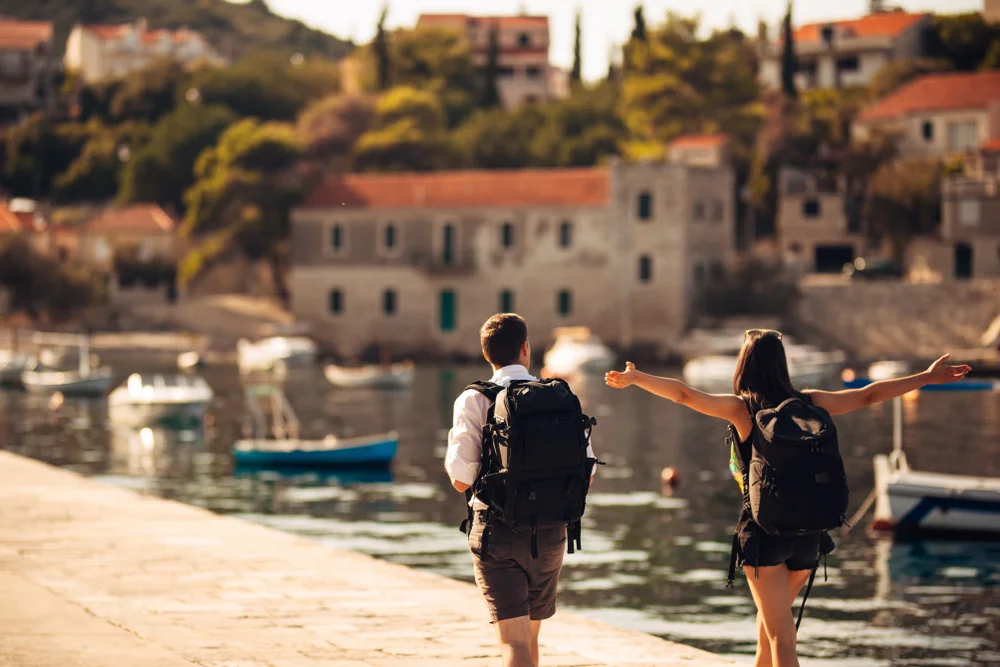
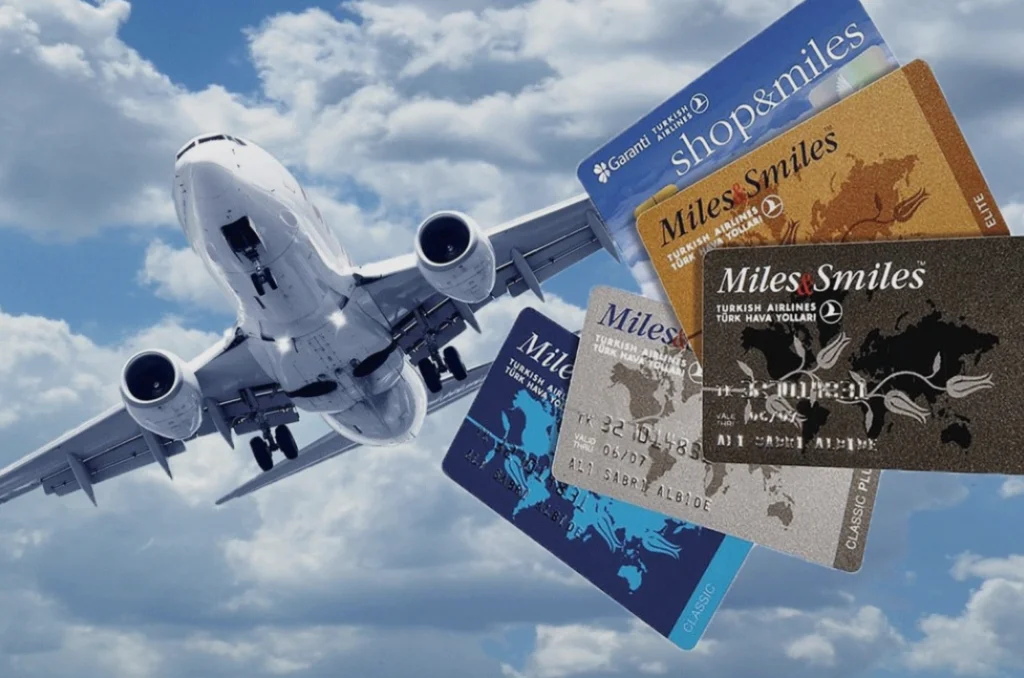
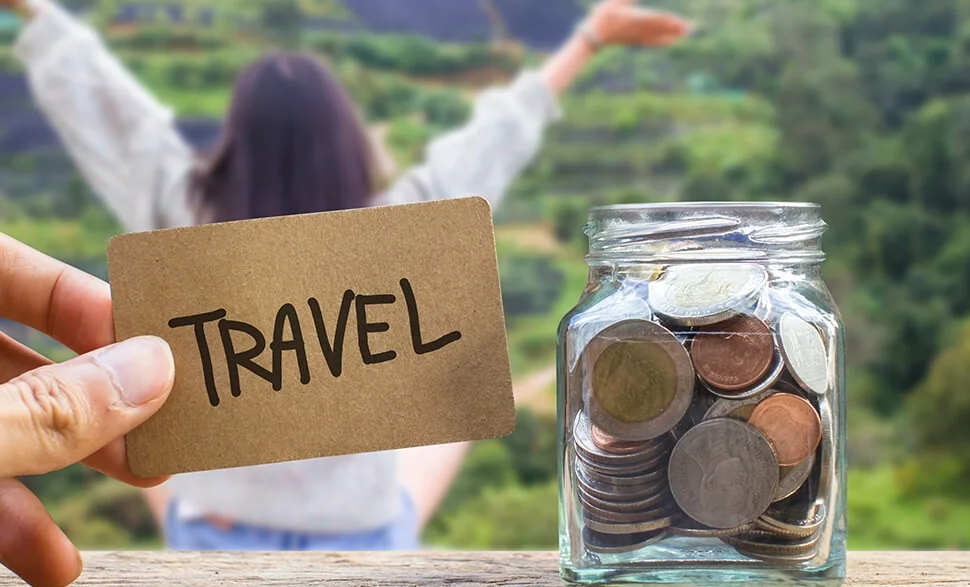
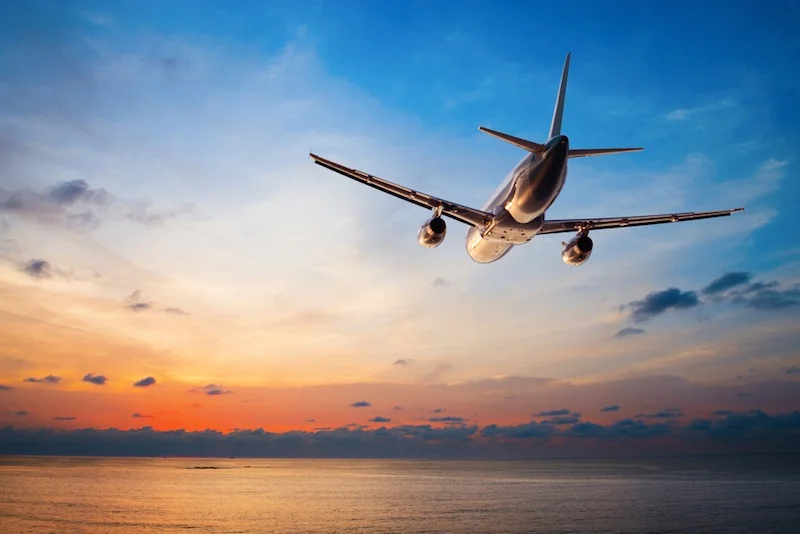


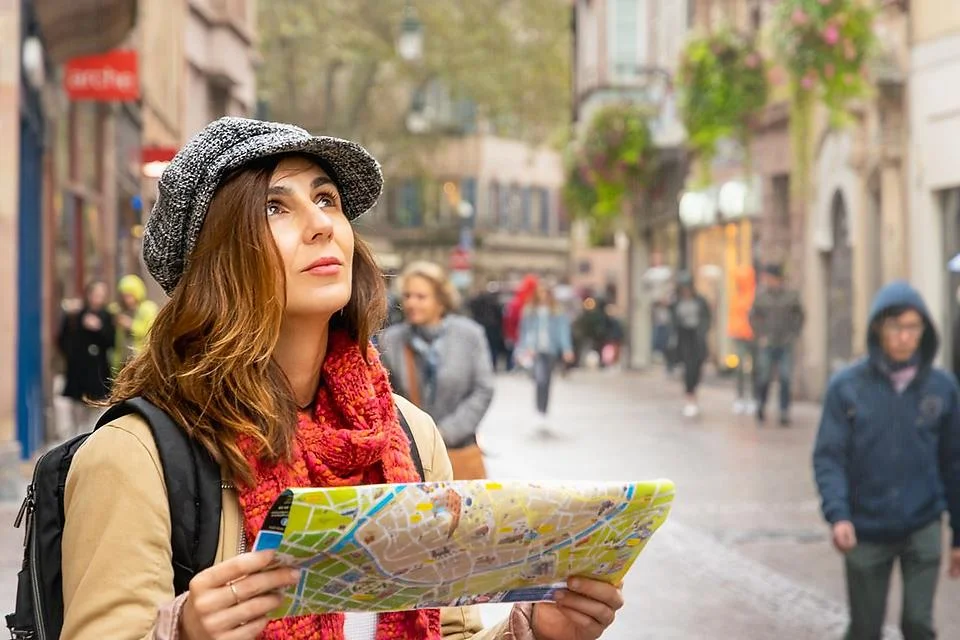
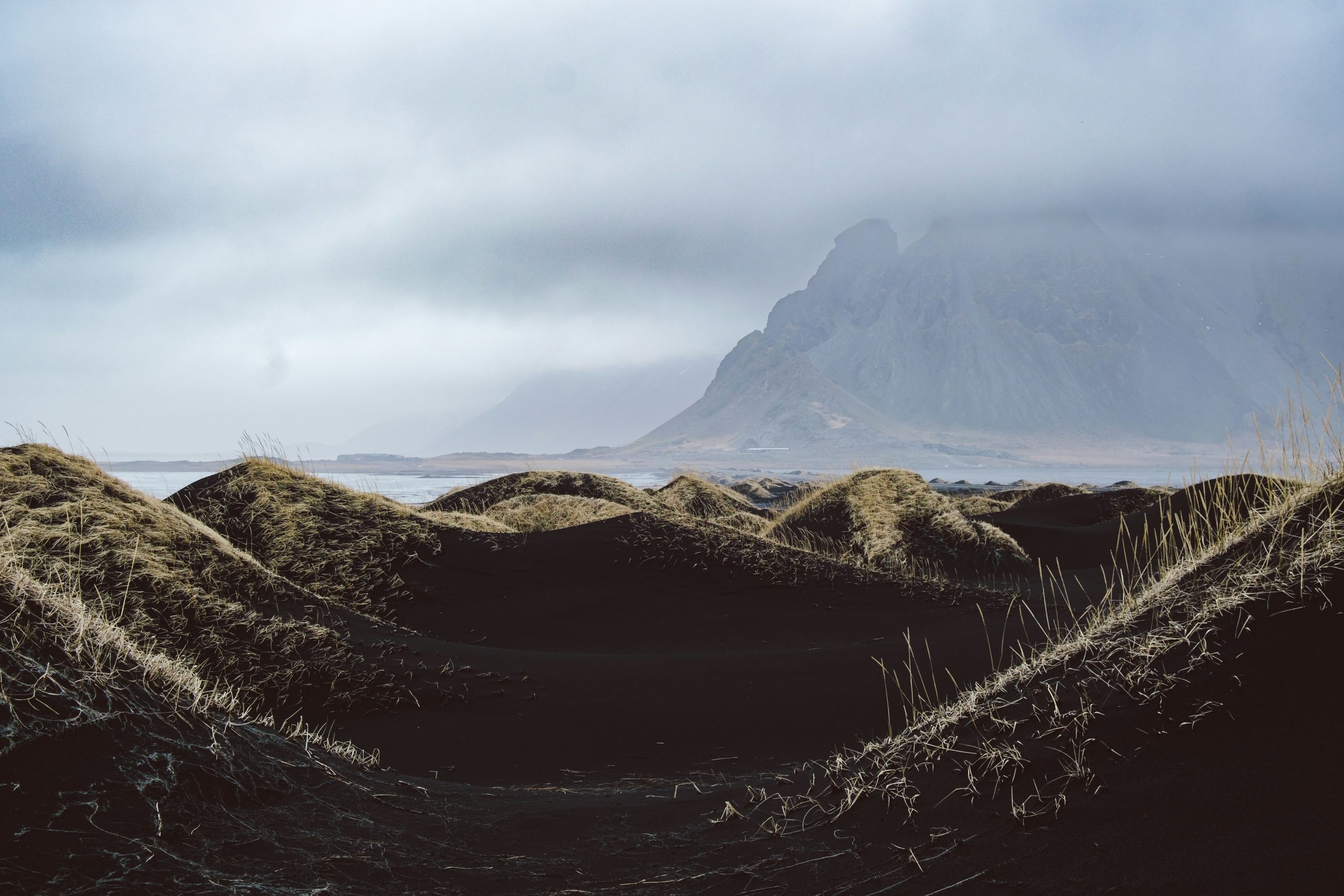
Leave a Reply